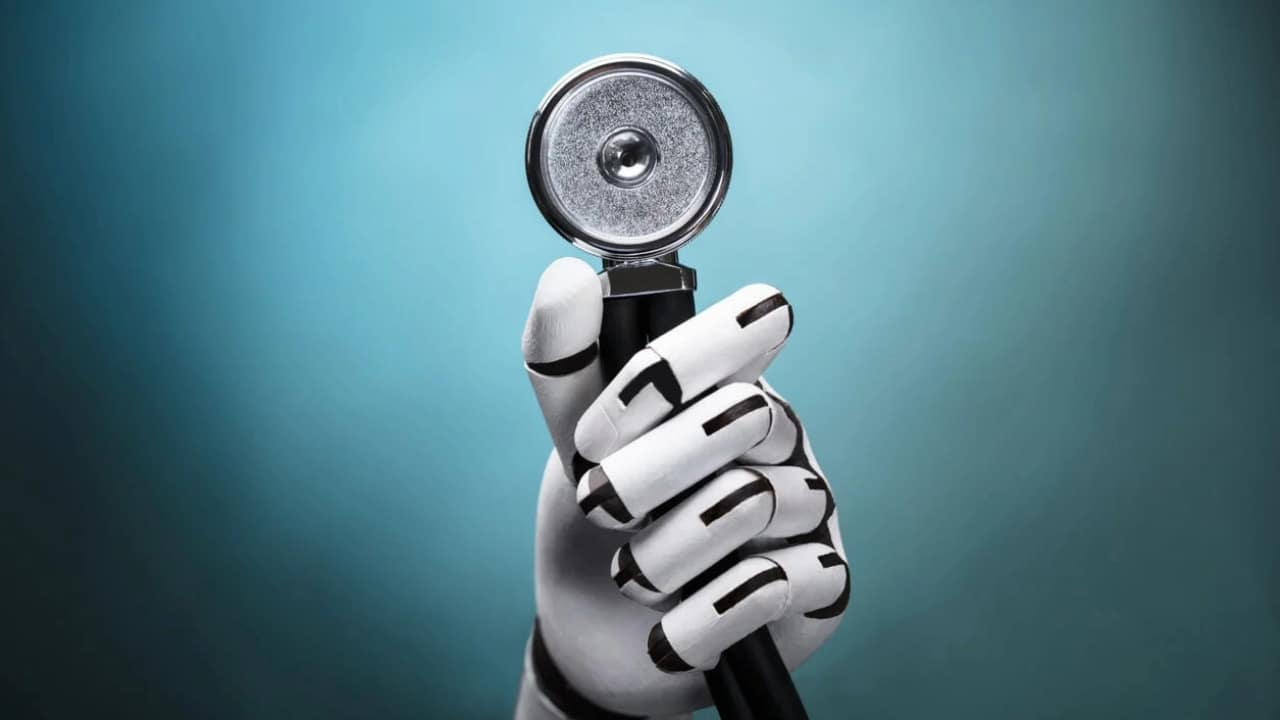Artificial Intelligence (AI) has played a transformative role in many sectors of society, and medicine is no exception. The application of AI in medicine has the potential to revolutionize the way we diagnose, treat and predict diseases. In this text, we will explore the benefits of AI in medicine and how it is shaping the future of healthcare.
One of the main benefits of AI in medicine is the ability to analyze large volumes of data quickly and efficiently. Doctors are often overwhelmed with enormous amounts of clinical information, medical histories and test results. AI can process this data in real time, identifying patterns and insights that can be easily missed by humans. This leads to more accurate diagnoses and more effective treatments.
Artificial intelligence
AI is also crucial in early disease detection. AI algorithms can analyze medical images such as X-rays and MRIs, identifying anomalies that may go unnoticed by radiologists. This ability to identify early signs of diseases such as cancer and heart disease could lead to more effective treatments and higher survival rates.
Additionally, AI is helping to personalize healthcare. Based on patient data, medical history and risk factors, AI systems can recommend specific treatments and continually adjust the treatment plan as new data becomes available. This leads to a more precise and effective approach to medicine, minimizing side effects and improving patients' quality of life.
AI
AI is also playing an important role in medical research. It can quickly analyze large data sets from clinical trials and epidemiological studies, identifying trends and correlations that can lead to new medical discoveries. This speeds up the process of developing new medicines and treatments, potentially saving lives.
Another significant benefit of AI in medicine is telemedicine. Through apps and online platforms, patients can communicate with doctors and receive remote medical consultations. AI algorithms can assist doctors in triaging patients and recommending appropriate treatments based on reported symptoms. This is especially valuable in remote and underdeveloped areas where access to quality medical care is limited.
The Innovation of Medicine
However, it is important to note that the successful implementation of AI in medicine also raises ethical and regulatory challenges. Issues related to patient privacy, medical liability, and equity in accessing the benefits of AI need to be adequately addressed.
In summary, Artificial Intelligence is playing an increasingly important role in medicine, offering significant benefits such as more accurate diagnoses, early detection of disease, personalization of healthcare, acceleration of medical research and access to remote medical consultations. As AI continues to develop, we can expect a substantial improvement in the quality of healthcare across the world.


